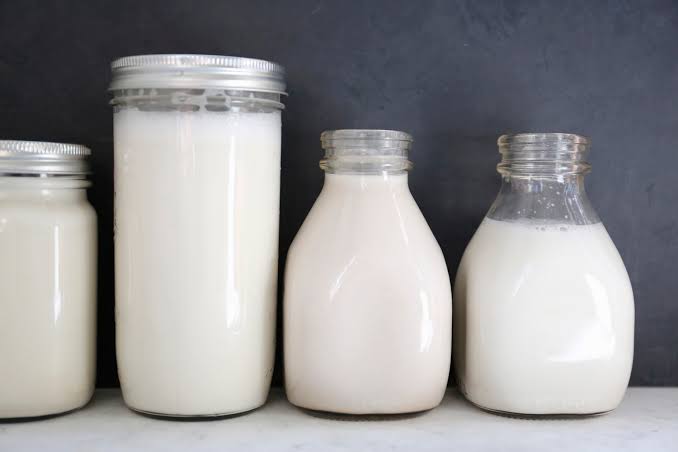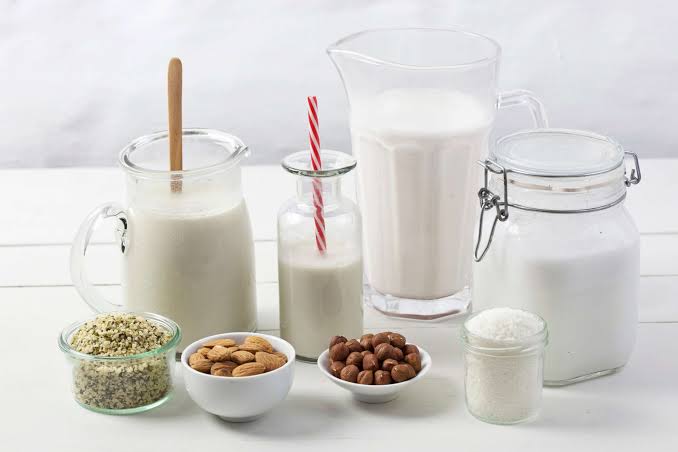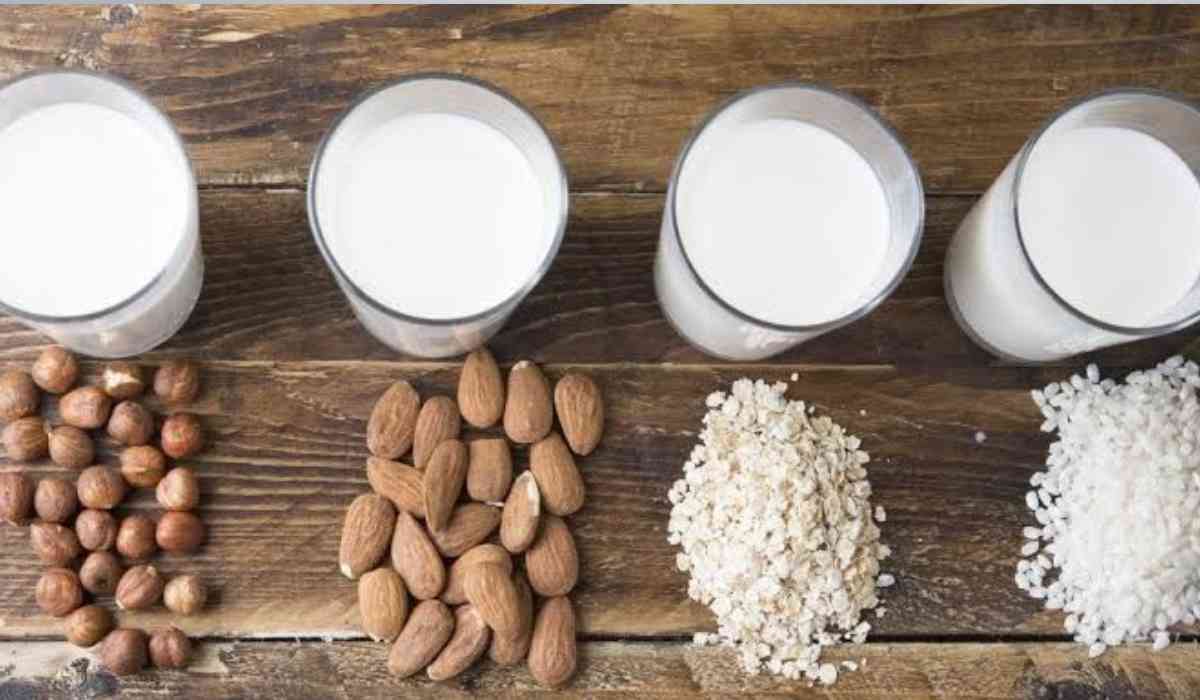In recent years, plant-based milk has been the go-to beverage for many who would otherwise avoid dairy. It can be due to lactose intolerance, allergies, or lifestyle choices. Nevertheless, these alternatives have gained immense popularity. But is plant-based milk as healthy as it is promoted to be? A new study led by Professor Marianne Nissen Lund of the University of Copenhagen has suggested otherwise.
What Did the Study Reveal?
The research team has investigated 10 varied plant-based drinks, comparing them with cow’s milk. Their findings revealed a striking gap in nutritional value. Professor Marianne Nissen explains, “We absolutely need to consume more plant-based foods. But if you think plant-based drinks can completely replace cow's milk nutritionally, you're mistaken."

While cow's milk provides a pure, nutrient-rich choice, plant-based alternatives are subject to much processing to attain the same taste, texture, and shelf life. Among the processing routes applied is Ultra High Temperature (UHT) treatment, which heats the liquid to extremely high temperatures. This will naturally extend shelf life but initiate a Maillard reaction from a chemical point of view—the result is the drink experiences a mass reduction in its nutritional content.
Cow's Milk vs. Plant-Based Milk: The Nutritional Divide
One of the obvious differences is protein content: whereas cow's milk naturally has approximately 3.4 grams per liter, most of the drinks within the plant-based category analyzed were between a measly 0.4 grams and a mere 1.1 grams in protein. Furthermore, the UHT process was found to degrade not only the protein but also essential amino acids in these alternatives.
Sugar levels in plant-based milk also raised concerns. Many options contained added or naturally occurring sugars, which were significantly higher than those in cow’s milk. Surprisingly, the test has detected traces of acrylamide in some plant-based drinks. Acrylamide is a compound that is more commonly found in fried foods and can cause health risks when consumed in bulk quantities.
Why Does This Matter?

Such a scenario is alarming to those people whose main nutrition sources are plant-based milk, for it suggests that perhaps the proteins, amino acids, and other nutrient components crucial for health in cow's milk do not find corresponding equivalents in these plant-based counterparts.
That said, this doesn't mean plant-based milk is in itself bad. Professor Lund counsels that "if your diet is healthy and balanced there's no problem with including plant-based drinks. Just ensure you’re getting the necessary nutrients from other food sources.”
Making Informed Choices
The takeaway here isn’t to avoid plant-based milk altogether but to use it wisely. If you enjoy almond, soy, or oat milk, consider them an addition to your diet rather than a complete replacement for cow’s milk. For those who are lactose intolerant or allergic to dairy, fortified versions of plant-based milk can help fill some of the nutritional gaps. Always check the label for protein content and added sugars before making a purchase.
With inputs from agencies
Image Source: Multiple agencies
© Copyright 2024. All Rights Reserved Powered by Vygr Media.
Author's Profile:
Writing enthusiast delivering electrifying analysis and compelling content, fueled by a passion for storytelling and industry insight.




















